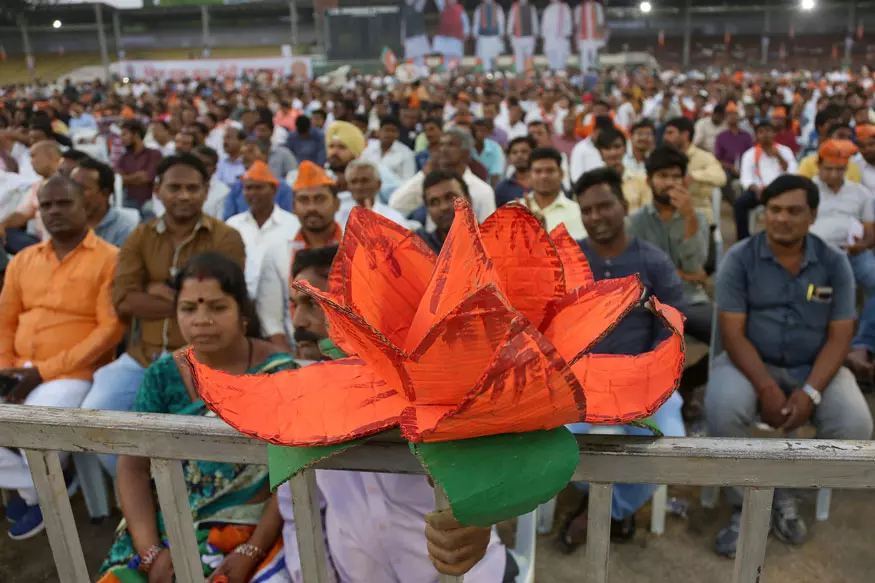
Why did 2024 not go as per BJP's script? Analyst Christophe Jaffrelot explains
Indologist and political scientist Christophe Jaffrelot decodes BJP's 2024: Ram temple impact, Lok Sabha elections, BJP-RSS tensions, Hindutva vs caste politics, and what's ahead for Indian politics

The year 2024 marked a watershed in Indian politics, with the Ram temple's inauguration, the BJP's unexpected dip in electoral performance, and rising socio-economic concerns taking center stage.
Political analyst and Indologist Christophe Jaffrelot discusses the intersection of Hindutva, caste politics and BJP-RSS dynamics in an exclusive interview with The Federal's Nilanjan Mukhopadhyay, offering insights into the evolving electoral landscape.
Jaffrelot highlights the culmination of the 40-year Ram temple movement with its inauguration in January 2024. However, despite its symbolic significance, the temple failed to deliver the anticipated electoral boost for the BJP. “The achievement itself meant there was no need to mobilize energy around it anymore,” he noted.
The elections saw a shift from Hindutva to bread-and-butter issues like joblessness and poverty. The demand for a caste census gained momentum, signalling the pendulum swing back toward caste politics. Jaffrelot remarked: “Caste politics staged a comeback, uniting plebeians and OBCs in support of alternative forces.”
For the first time since 2014, the BJP’s campaigns lacked strong RSS support. Jaffrelot attributed this to Narendra Modi’s personality cult, which often clashes with RSS’s collective ethos. “Tensions date back to 2007, when Modi’s style diverged from RSS preferences,” he observed.
Also Read: Another blunt talk by Mohan Bhagwat, but is he really walking the talk?
Welfare schemes and electoral clientelism
Welfare schemes and freebies played a pivotal role in shaping voter behaviour in 2024. Jaffrelot described this as a “new era of clientelism”, where direct benefit transfers linked to RSS volunteer networks deepened voter dependency on the BJP.
India's manufacturing sector and job creation efforts faltered, with the Makein-India programme failing to attract investments. Jaffrelot emphasized: “The socio-economic situation is worsening, and reliance on welfare schemes is not sustainable for development.”
The year also saw an economic pivot toward China amidst strained relations with the West. Jaffrelot connected this to India’s economic crisis, noting: “Chinese investments may be essential for recovery, but they complicate geopolitical equations with the US.”
(The content above has been generated using a fine-tuned AI model. To ensure accuracy, quality, and editorial integrity, we employ a Human-In-The-Loop (HITL) process. While AI assists in creating the initial draft, our experienced editorial team carefully reviews, edits, and refines the content before publication. At The Federal, we combine the efficiency of AI with the expertise of human editors to deliver reliable and insightful journalism)

